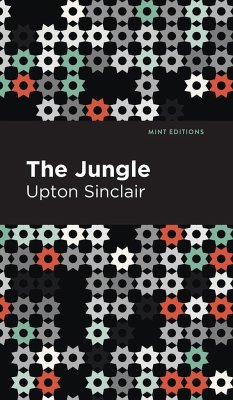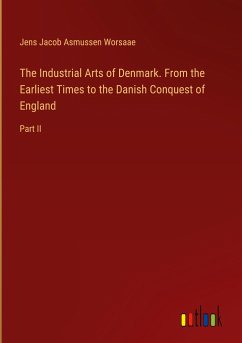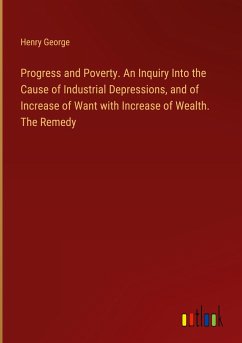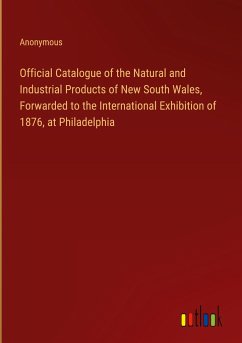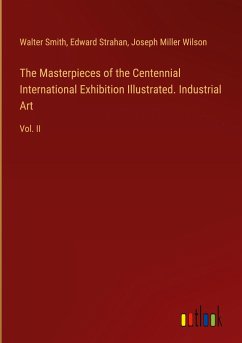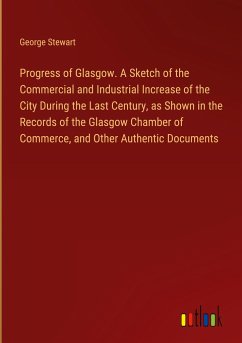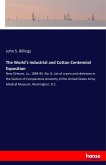"When people ask me what has happened in my long lifetime I do not refer them to the newspaper files and to the authorities, but to (Sinclair's) novels." -George Bernard Shaw "Practically alone among the American writers of his generation, Sinclair put to the American public the fundamental questions raised by capitalism in such a way that they could not escape them." -Edmund Wilson Upton Sinclair's 1906 bestseller The Jungle is a startling and powerful novel depicting the plight of Jurgis Rudkus, a Slavic worker who immigrated to the United States in the early 20th Century for a better life. His dream of a finding a job, building a family, and buying a home are initially fulfilled in the Union Stock Yards in Chicago. Work in the meatpacking industry proves to be a harrowing and desperate existence, and his personal life is beset by a succession of hardships and tragedy. As bleak as his journey is, Jurgis finally finds his light in a new-found political ideology. The Jungle is considered profoundly important in its exposure of despair at the margins of working-class life, and the atrocious descriptions of the unsanitary conditions in the meatpacking process. The novel led to revolutionary reform of the industrial food industry and workers' rights, and powerfully addresses many of the same issues that we are still grappling with today. With a stunning new cover, and professionally typeset manuscript, this edition of The Jungle is both modern and readable. Since our inception in 2020, Mint Editions has kept sustainability and innovation at the forefront of our mission. Each and every Mint Edition title gets a fresh, professionally typeset manuscript and a dazzling new cover, all while maintaining the integrity of the original book. With thousands of titles in our collection, we aim to spotlight diverse public domain works to help them find modern audiences. Mint Editions celebrates a breadth of literary works, curated from both canonical and overlooked classics from writers around the globe.
Hinweis: Dieser Artikel kann nur an eine deutsche Lieferadresse ausgeliefert werden.
Hinweis: Dieser Artikel kann nur an eine deutsche Lieferadresse ausgeliefert werden.

